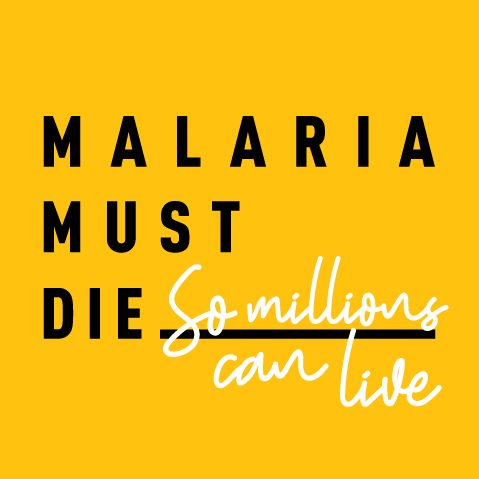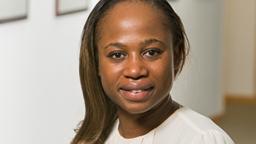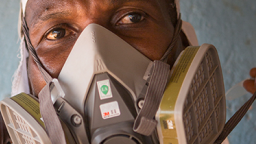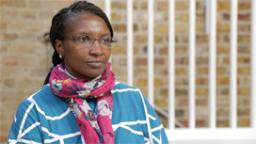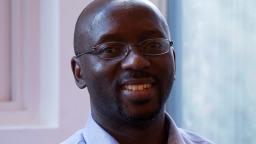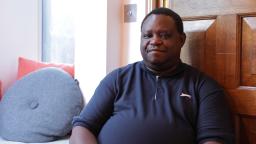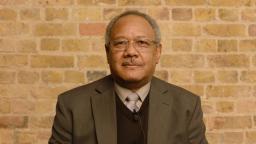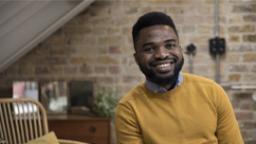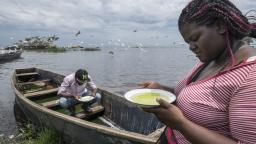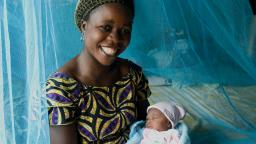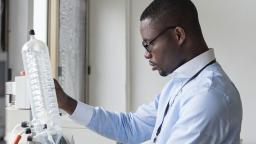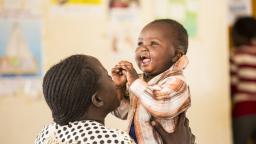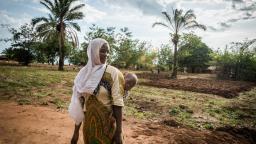When Marie Murorunkwere’s husband was killed in 1998, she had no choice but to flee her home country of Rwanda with her six-month-old son Jean-Pierre. She had witnessed the effects of malaria from an early age, suffering many times as the disease was rife in Rwanda and claimed the life of her two-year-old brother. Marie survived an eye-opening two years she spent at Goma refugee camp in the Democratic Republic of Congo. There, despite the best efforts of charities such as Oxfam, the Red Cross and Medicins sans Frontiers – she experienced disease and death on a scale she equates to “killing ants.”
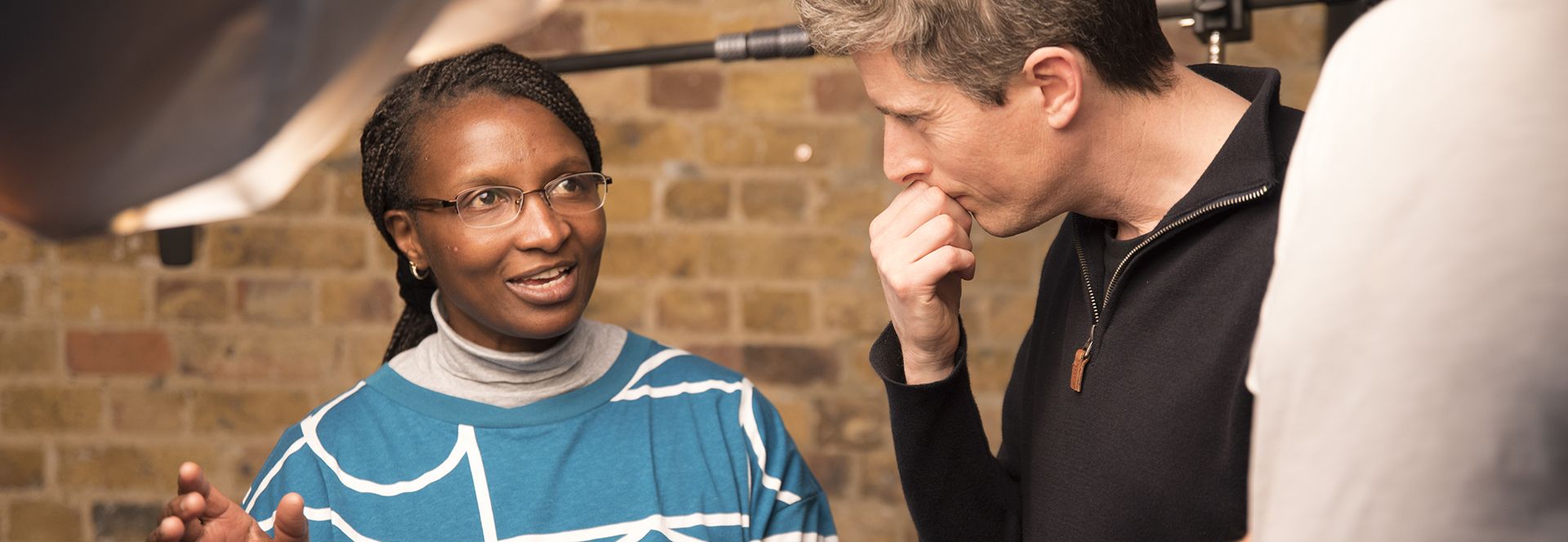
“People were dying every day. We would sleep next to the bodies of hundreds of people, for whom a truck would come in the morning to take them away. We would wake up hoping we would survive the day, knowing we may not make it to the end of the evening. There were orphaned children who didn’t know where their parents were, and most were suffering from malaria, malnutrition, diarrhoea and all sorts of other illnesses. There were children crying, children screaming. It was very hard to comfort them. The trauma was unbearable.”
Marie managed to rebuild her life and settle in the UK. In November 2018, Marie returned to Rwanda to visit her cancer-stricken mother in hospital. She spent five days and nights at her bedside, and was shocked by the conditions in which she found malaria patients at the hospital. “I would go outside at night and see patients waiting. They were coughing, sweating, shaking, shivering. You could see they were in obvious pain. For some, even if they did get a prescription, they may have found it hard to afford the medication; they wouldn’t even have money for nutritious food to build their strength back up. I would see babies with high temperatures crying in their mother’s arms, sleeping outside, waiting to be first in the queue in the morning. But you don’t even know if morning is going to come, or if your child will still be there.”
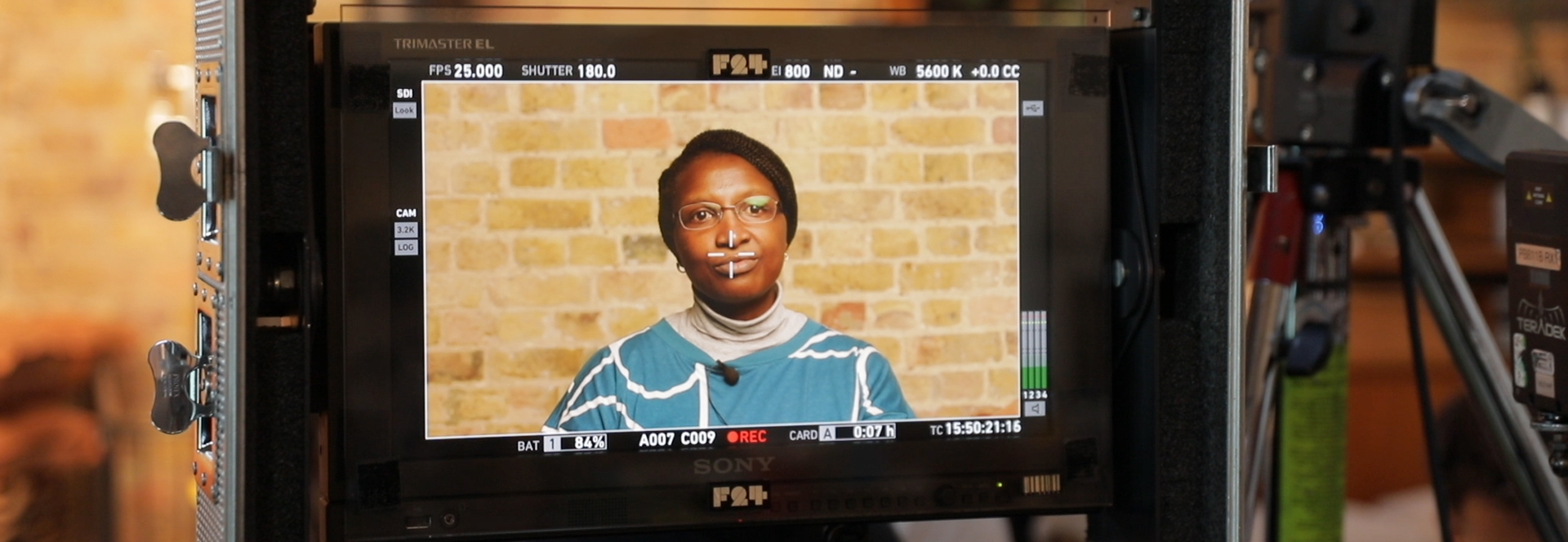
“When I found out about the Malaria Must Die campaign and was invited to come forward to talk about malaria, I was overwhelmed. I felt straightaway it was a godsend. It would be wonderful to help those mums and dads out there, the young children, the elderly, people who cannot afford medication. I want to kindly ask the world, the governments – if they have financial support, please help. This is one positive change we can make happen together”.
Marie features in the Malaria Must Die campaign launching on 9th April 2019 inviting people to sign up to the world’s first voice petition to end malaria. Marie’s voice speaking Kinyarwanda is one of the languages spoken by David Beckham in the ground-breaking campaign film using emerging AI video synthesis technology.
BACKGROUND
Malaria is often a major health problem in complex emergencies. Mass population movement in camps and other locations are often prone to mosquito vector breeding, and may have reduced health services which means malaria is often a major health problem during conflict and in the aftermath of conflict. The Mentor initiative is one organisation that specialises in delivering disease control to populations in crisis who are often at greatest risk of suffering and death.
In November 2018 the World Health Organisation (WHO) reported Rwanda showing progress in reducing malaria cases. The country has shown significant progress in the reduction of the burden of malaria over the past decade. In 2005, malaria was the leading cause of death among children under age five. In 2012, malaria ranking has dropped to number four. However all 30 districts in Rwanda are at risk of malaria and the country faces challenges of insecticide resistance and net coverage.
